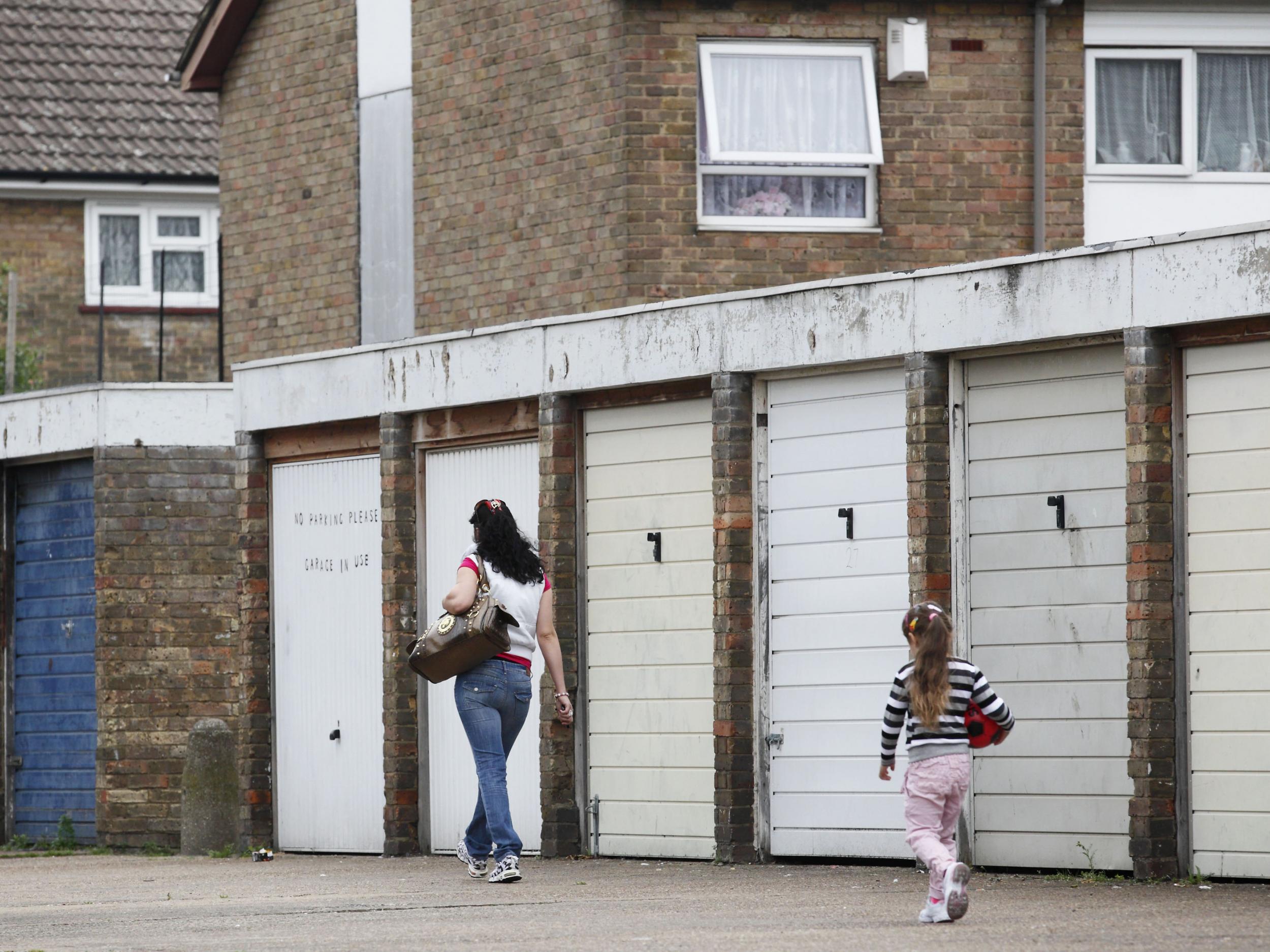One in three Londoners struggling to pay household bills, figures show
London Mayor Sadiq Khan calls on ministers to take ‘urgent steps’ to tackle ‘spiralling’ cost of living

Your support helps us to tell the story
From reproductive rights to climate change to Big Tech, The Independent is on the ground when the story is developing. Whether it's investigating the financials of Elon Musk's pro-Trump PAC or producing our latest documentary, 'The A Word', which shines a light on the American women fighting for reproductive rights, we know how important it is to parse out the facts from the messaging.
At such a critical moment in US history, we need reporters on the ground. Your donation allows us to keep sending journalists to speak to both sides of the story.
The Independent is trusted by Americans across the entire political spectrum. And unlike many other quality news outlets, we choose not to lock Americans out of our reporting and analysis with paywalls. We believe quality journalism should be available to everyone, paid for by those who can afford it.
Your support makes all the difference.One in three Londoners have struggled to pay their household bills in the last six months, a new report shows, as Mayor Sadiq Khan called on ministers to take “urgent steps” to tackle the spiralling cost of living.
New polling reveals that the cost of living has increased over the last six months for nearly 80 per cent of London residents, while 13 per cent are struggling to make ends meet, going without essentials or relying on credit.
A third (34 per cent) have struggled to pay their household bills in the last six months, while more than 70 per cent are worried about future increases to living costs over the next year, according to a YouGov poll of 1,188 adults.
Those whose household income is less than £20,000 per year, are renting from local authorities and housing associations, or have a health problem or disability are most likely to be concerned, the polling found.
The cost of living in the capital was already a challenge before the pandemic, with 2.4 million Londoners living in poverty, and the report estimates that the government’s upcoming changes to tax and benefits are set to drive an estimated 130,000 more into poverty.
London Mayor Sadiq Khan said he was “hugely concerned” about the impact that the “spiralling” cost of living was having on Londoners, and that the government’s “ill-judged” changes to benefits and tax were “only set to make things worse”.
“It cannot be right that millions are living in poverty and that so many people are struggling to get by each month. As mayor, I’m doing all I can to support Londoners, but this is a national problem and the government needs to urgently step up and support people through this cost of living crisis,” he added.
Jim Minton, chief executive of charity Toynbee Hall, said the pressures of rising energy costs,” spiralling” housing and higher prices for essentials were being felt most acutely by the poorest Londoners, and that this disproportionate impact was made worse by April’s planned national insurance increase.
The government’s plan to introduce a 1.25 percentage point increase in National Insurance is designed to tackle the Covid-induced NHS backlog and reform social care, but it has been branded “deeply unfair” by critics.
Mr Minton added: “Community organisations are working day in and day out in partnership to provide as much support as we can – but we need policy makers to listen to and understand the experience of the communities who are being hit hardest and to act.”
“Rethink the national insurance rise and take urgent action to tackle rising costs and boost incomes, so that everyone can have the essentials they need to live their lives.”
A government spokesperson said: “We know this has been a challenging time, which is why we’re providing support worth around £12bn this financial year and next to help households with the cost of living, including putting an average of £1,000 more per year into the pockets of working families on universal credit, increasing the minimum wage to £9.50 and targeted help with fuel bills.
“Our £500m Household Support Fund is also giving more help to the most vulnerable with essential costs this winter, with all London councils receiving part of the fund to support their residents.”
Join our commenting forum
Join thought-provoking conversations, follow other Independent readers and see their replies
Comments